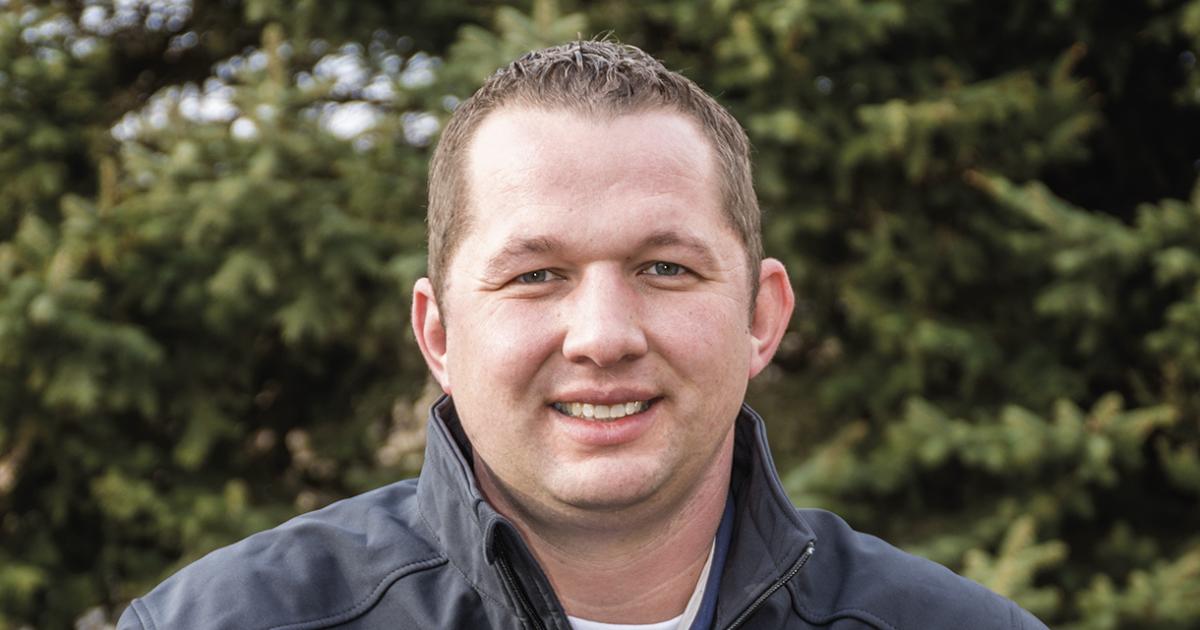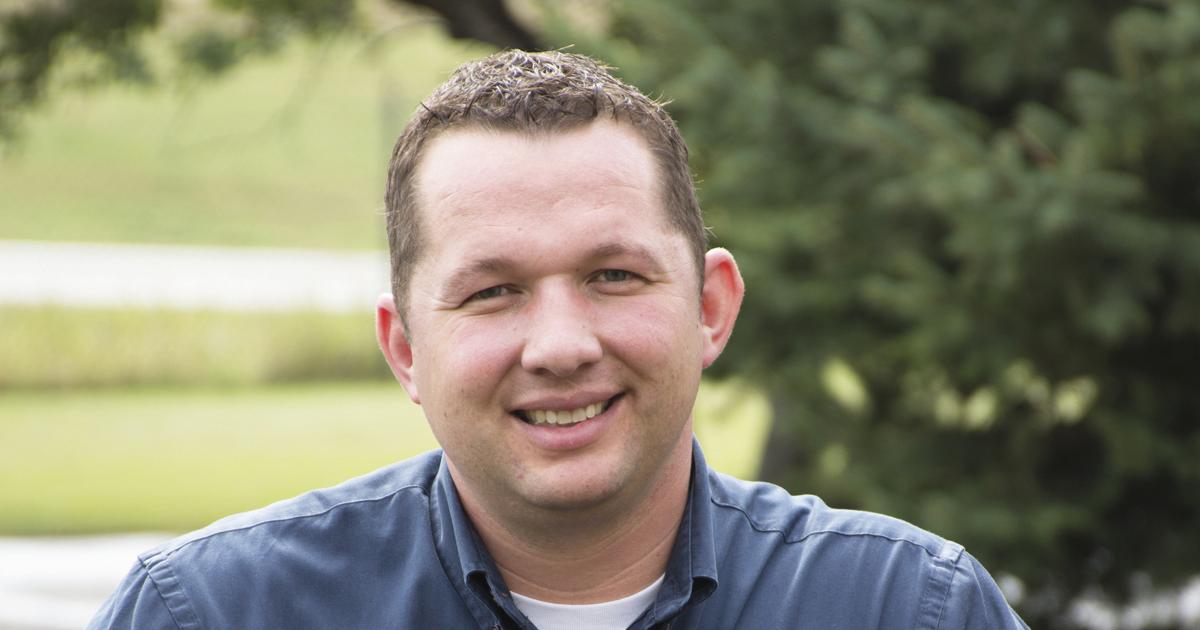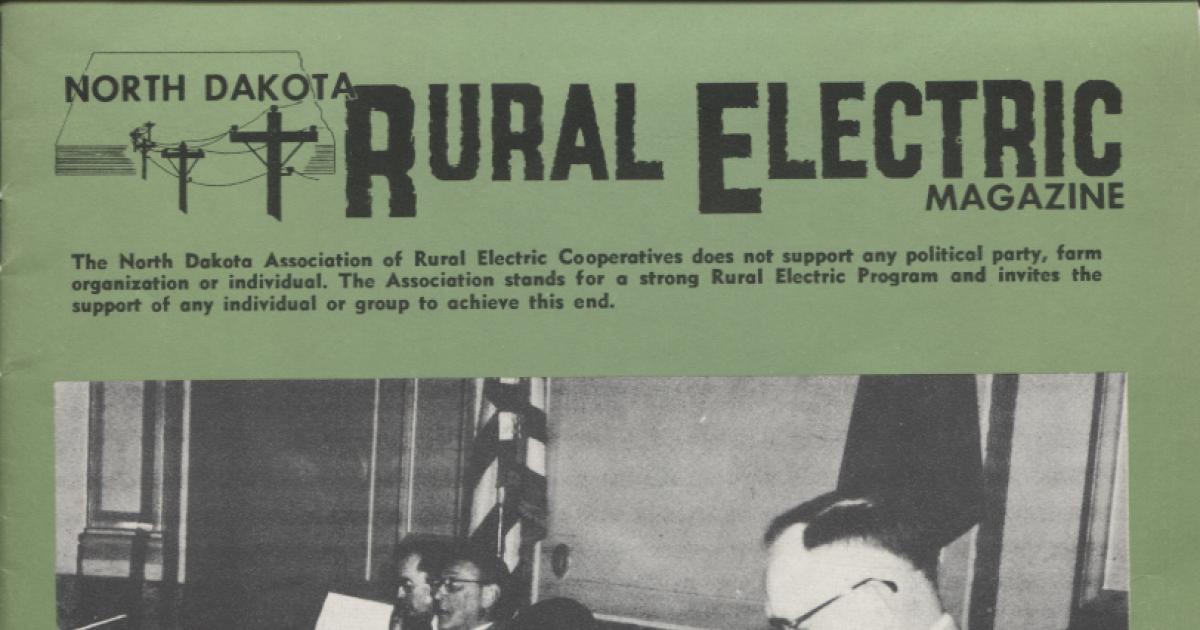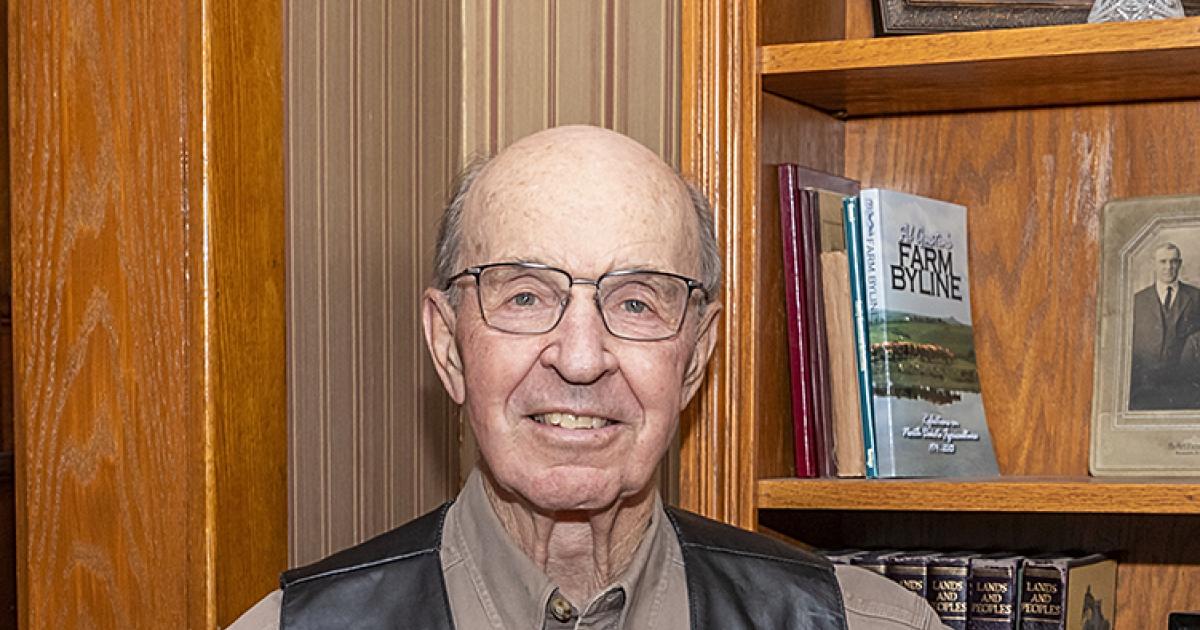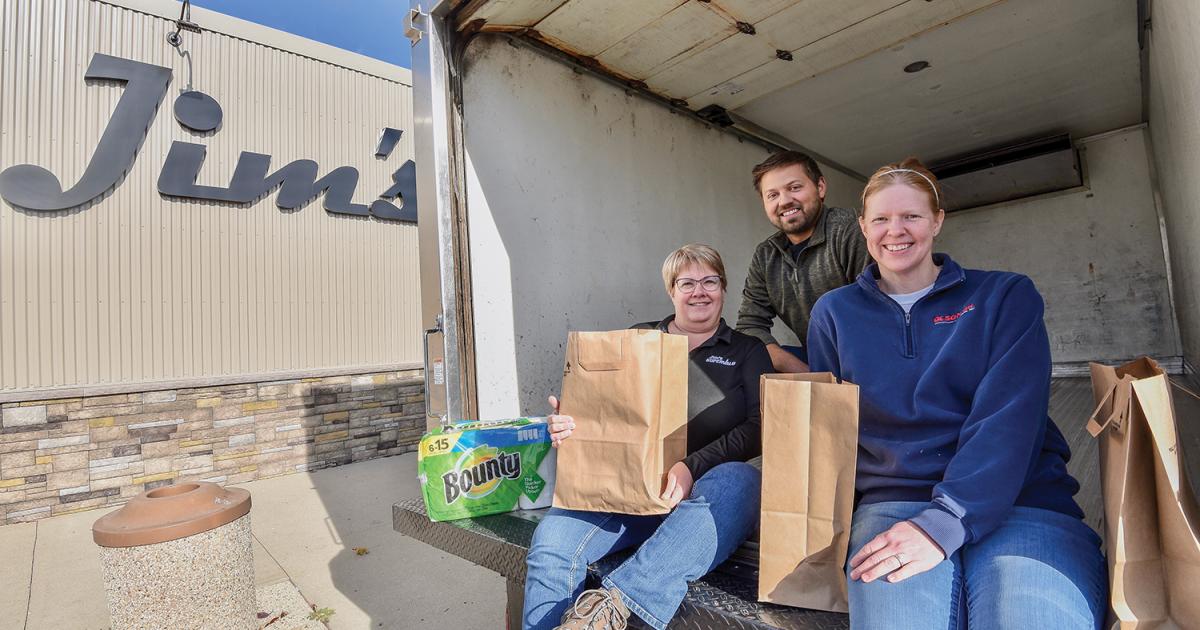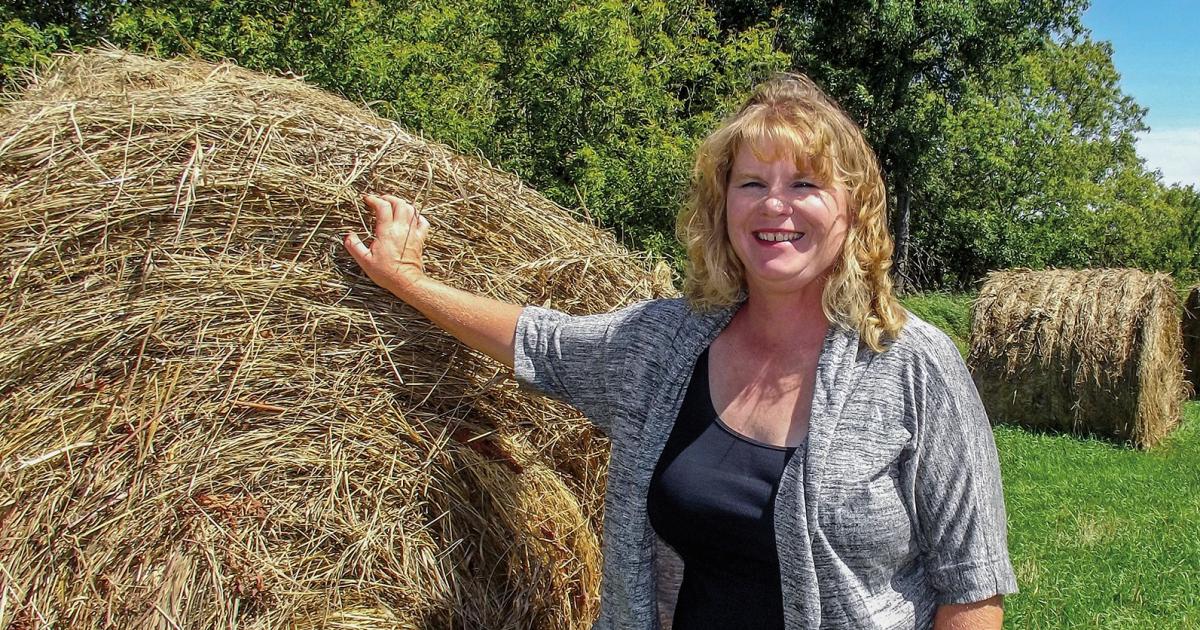North Dakota’s next governor, Kelly Armstrong, speaks to a room of electric cooperative leaders in Mandan in February.
With a transition in the White House, a Republican-controlled Congress and a new governor of North Dakota, co-ops stand ready to work with government leaders at all levels to ensure a pro-energy regulatory agenda that protects electric affordability and reliability.
“America is at an energy crossroads and the reliability of the electric grid hangs in the balance. Critical generation resources are being retired faster than they can be reliably replaced. At the same time, electricity demand is skyrocketing,” National Rural Electric Cooperative Association (NRECA) CEO Jim Matheson says.
FEDERAL ADVOCACY
“We congratulate President Trump on his election and look forward to working with him and Congress,” Matheson says.
Though a new administration and a new Congress, Matheson says electric cooperatives’ core issues will not change, including safeguarding electric reliability and affordability, fighting the Environmental Protection Agency’s power plant rule, modernizing and streamlining the federal siting and permitting process, enhancing wildfire protections for co-ops and communities, defending the lower Snake River dams against breaching proposals, protecting co-op access to direct pay tax credits and infrastructure funding.
TRUMP NAMES BURGUM
Trump tapped N.D. Gov. Doug Burgum on Nov. 15 to head the U.S. Department of the Interior and lead the newly created National Energy Council. In his new role, Burgum will oversee a panel crossing all executive branch agencies involved in energy permitting, production, generation, distribution, regulation and transportation. He will also have a seat on the National Security Council as chairman of the National Energy Council, Trump said in a statement.
STATE ADVOCACY
2025 will bring changes on the state level, too, as Congressman Kelly Armstrong begins his first term as governor. Public Service Commissioner Julie Fedorchak takes Armstrong’s seat in Congress, which leaves a vacancy to be filled by the governor.
“We will work with existing and newly elected statewide and legislative leaders to provide a unified voice for electric cooperatives,” says Josh Kramer, North Dakota Association of Rural Electric Cooperatives (NDAREC) executive vice president and general manager. “We look forward to continuing our strong relationship with Governor-elect Armstrong and Commissioner Fedorchak as she begins her work in Congress.”
N.D. LEGISLATIVE SESSION
Despite voters rejecting Measure 4 – the constitutional measure to eliminate property taxes – in November, tax policy is poised to be a key issue when the N.D. Legislature convenes in January. Governor-elect Armstrong told North Dakota Living in September tax policy – and delivering meaningful reform to North Dakotans – would be his No. 1 issue if elected.
Energy will be another hot topic during the session, Kramer says, and NDAREC anticipates a range of potential utility issues. Key issues for electric cooperatives include limitations on franchise fees, regulatory authority on large electrical loads, siting of energy infrastructure, electric reliability, safety, energy efficiency and workforce.
“NDAREC will advocate for policy proposals in our members’ best interest,” Kramer says.



